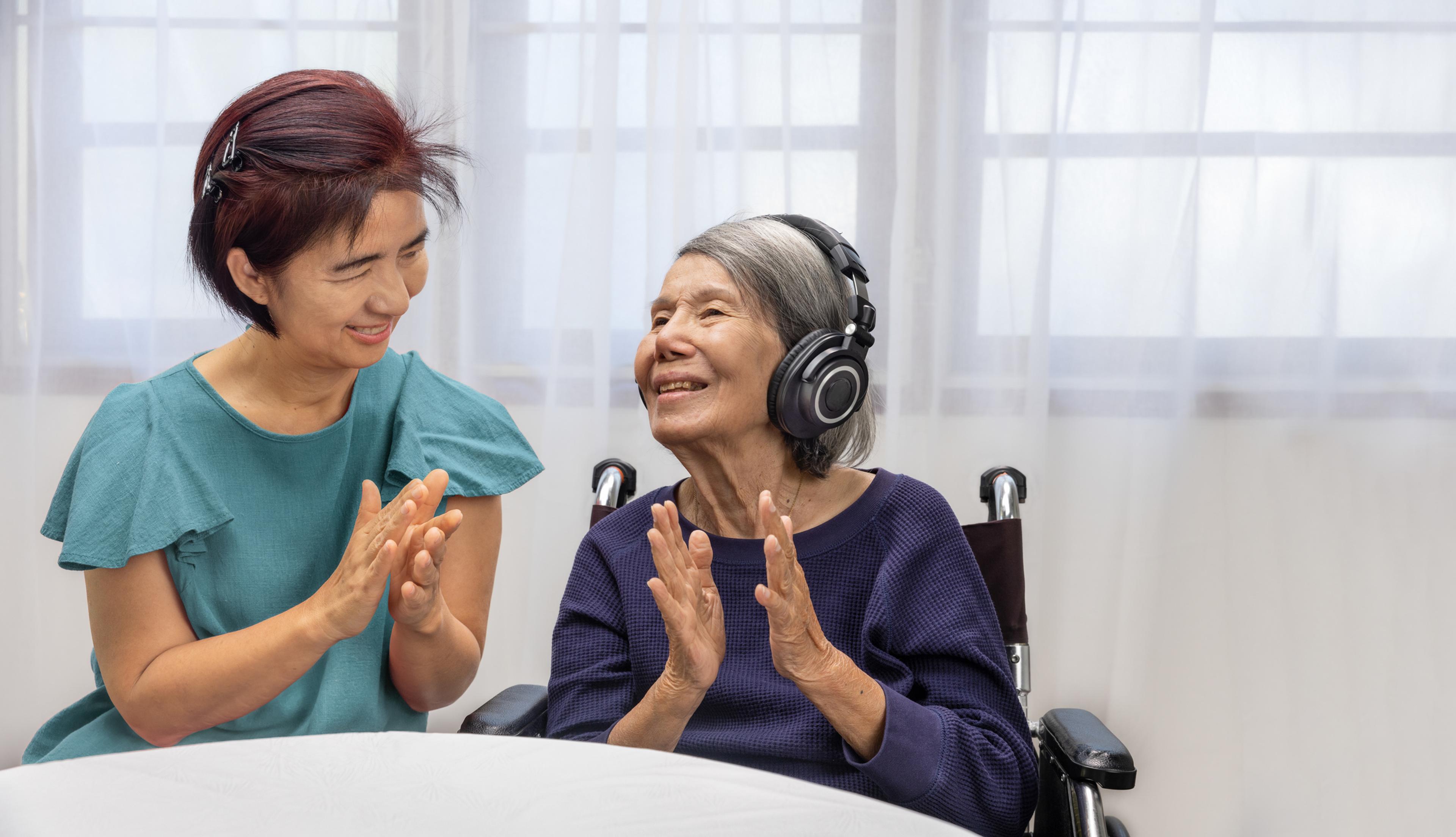Understanding Summer Seasonal Affective Disorder
A Healthier Michigan
| 3 min read

Seasonal affective disorder (SAD) is often associated with the coming of winter and loss of daylight, but it can also affect people in warmer months. That is known as summer onset seasonal affective disorder. The symptoms are like the more common wintertime seasonal affective disorder but can manifest differently when anxiety and depression onset in the summer.
Causes of summer onset seasonal affective disorder
It’s not fully understood why a small percentage of the population experiences summer onset seasonal affective disorder, although heat and humidity are believed to be an important element, according to the National Alliance on Mental Illness. Sunlight and levels of sunlight intake are a major factor in the triggering of both winter and summer onset seasonal affective disorder, since sunlight directly affects production of serotonin in all seasons. According to the U.S. Office of Health and Human Services, women are four times more likely to develop summer onset SAD than men. Triggers for summer onset SAD include:
- lack of sunlight during waking hours
- low levels of exercise
- sleep issues or interrupted sleep patterns
- poor air quality
Symptoms of summer onset seasonal affective disorder
The symptoms of summer onset SAD are similar to wintertime SAD, with some notable differences. According to the National Institute of Mental Health, symptoms to expect with SAD regardless of time of year include:
- sad or “empty” mood for at least 2 weeks
- feelings of hopelessness
- irritability or increased temper
- loss of interest or pleasure in hobbies and activities
- decreased energy and increased fatigue
- difficulty concentrating, remembering, or making decisions
- changes in sleep or appetite
- physical aches or pains, headaches, cramps, or digestive problems
- thoughts of death or suicidal thoughts
Symptoms that are unique to summer onset SAD, according to the NIMH, include:
- trouble sleeping or insomnia
- poor appetite, leading to weight loss or gain
- restlessness increased agitation
- anxiety
- violent or aggressive behavior
How is summer onset SAD treated?
Summer onset SAD is best treated by managing the symptoms and using preventative tactics to avoid or minimize common triggers. There are ways you can use self-care and control your environment to ease symptoms:
- Open shades, curtains, or use a natural light lamp to increase levels of sunlight and natural light.
- Set a bedtime routine and improve your sleep hygiene to improve sleep habits.
- Eat a heart-healthy and brain-healthy diet.
- Spend time out of doors and exercising.
Even with self-care and habit changes at home, treatment may be needed to manage seasonal affective disorder. If this is the case, make sure to talk to your care team about treatment options. Treatment options that are commonly used for SAD symptoms include:
- cognitive behavioral therapy (CBT)
- light therapy or infrared therapy
- prescribed medications





